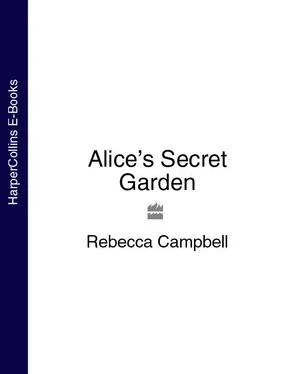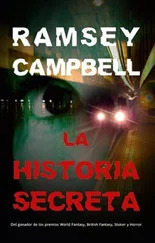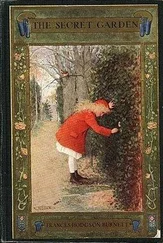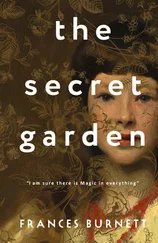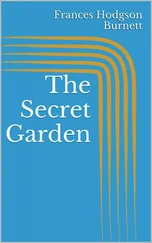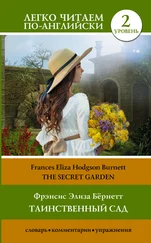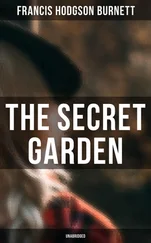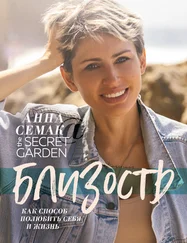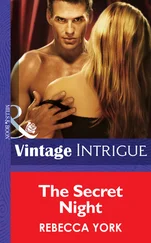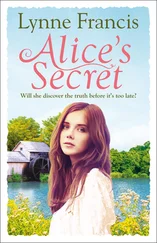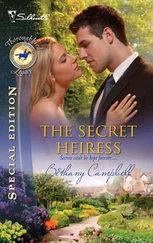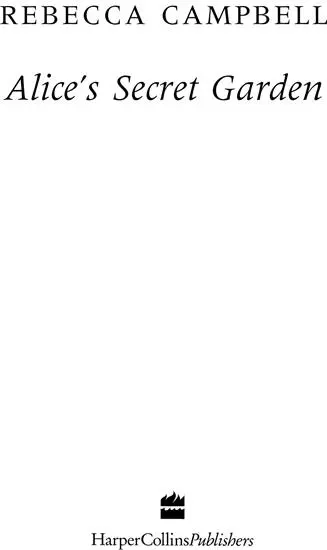
I dreamt it last night that my true love came in, So softly he entered, his feet made no din;
He came close beside me, and this he did say ‘It will not be long love, love, till our wedding day.’
Based on ‘She Moved Through the Fair’
– Padraic Colum
The last and best Cure of Love Melancholy is, to let them have their Desire.
Robert Burton, The Anatomy of Melancholy
Cover
Title Page
Epigraph
ONE: She Moved Through the Fair
TWO: The Secret Garden of Alice Duclos
THREE: The Death of a Boy
FOUR: Odette and Alice
FIVE: The Prior History of Andrew Heathley
SIX: Quantock Bound
SEVEN: A Cave of Ice
EIGHT: The Sublime Machine
NINE: Drinking it Over
TEN: Odette in Venice
ELEVEN: Drink to Me Only with Thine Eyes, or The Quest for the Historical Noddy
TWELVE: Country Pleasures, Suck’d on Childishley
THIRTEEN: Thanks, Rosencrantz and Gentle Guildenstern
FOURTEEN: The Return of the Gothic
FIFTEEN: Of Monkey Nuts and Hard-Boiled Eggs
SIXTEEN: Ghostly Limbs
SEVENTEEN: The Hand that Rocked the Cradle
EIGHTEEN: The Dead Boy
NINETEEN: The Sadness of Everything
TWENTY: Preparations
TWENTY-ONE: Declarations
TWENTY-TWO: Love for Sale
TWENTY-THREE: Complicity
TWENTY-FOUR: The Last Party
TWENTY-FIVE: Two Interesting Occurrences
TWENTY-SIX: The Mitre
TWENTY-SEVEN: A Death at Heathrow
Keep Reading
Acknowledgements
About the Author
Copyright
About the Publisher
ONE
She Moved Through the Fair
Alice had been thinking about the Dead Boy for nearly six months before anyone else at Enderby’s found out about him. And that was funny, because for those six months the Dead Boy was the most important thing in Alice’s life: more important than her job in the Book Department, looking after Natural History; more important than her mother in the tiny flat in St John’s Wood; more important than her friends, her living friends, scattered around London.
Alice had never spoken to the Dead Boy. She had never felt, as she longed to feel, the fine dense blackness of his hair as it swept with such sensuous, careless, charm across his face, across her face. She had never touched the full Slavic lips that fell so easily into a pout – not the pout of a spoilt child or of a sulking teenager, but a little ‘o’, a pout of pure surprise, surprise at the onrush of death. She had never brushed her own lips against those high cheekbones, cheekbones which would have looked cruel, tyrannical, implacable, had they not slid into the fine smiling lines around the eyes. The eyes, to Alice, were something of a mystery. No matter how many times she replayed the incident, winding backwards and forwards, slowing it down or speeding it up, panning back to take in the whole street, or the whole of London, or zooming into ultra close-up, she could not settle on the colour of the eyes. It was not even the precise shade that was in question – it was not some unimportant semantic quibble about hazel or chestnut or rowan – it was that Alice could not even decide if they were blue or brown, dark or light. Sometimes they would burn through her with an intense cobalt light, or dazzle with shimmering bright crystal; at others they would fold in on themselves in wave after wave of growing darkness, like evening falling on a forest.
Had Alice known the Dead Boy for more than four seconds, or had she never gone for that seemingly harmless stroll, but rather sat on the imposing steps at Enderby’s with Andrew that lunchtime, as she often did, to eat a sandwich and breathe in the petrol fumes, while they talked about the oddness of people, and he tried to think of something clever and nice to say that wouldn’t trumpet his devotion in her ear like an elephant in musth, then everything would have been different.
Back in the office that afternoon, the afternoon when everything changed, Alice was surprised to find that nobody noticed anything different about her. It seemed that none could see the penumbra of light around her, or sense the dramatic transformations that had taken place within her.
But no, nothing. The only comment as she made her way slowly, like a bride, to her desk, was one of Pamela’s deafening whispers:
‘Alice, where have you been?’
Pamela, or Pammy, or Spam, as she was known with varying degrees of affection, had been there longer than anyone, and was seen as a sort of retaining wall which couldn’t be demolished without dire, if unspecified, consequences. Of course it was possible that she retained nothing at all, supporting only her own weight, which was considerable. Originally she had typed letters, but now that everyone did that for themselves her main responsibility was ordering the rubber bands which spilled and coiled in pointless abundance from every drawer, like intestines after a battle.
‘Mr Crumlish has been around. He’s got one of his faces on. You know, the one like Easter Island. He’ll be using one of those thingummy bobs … metaphors on you if you’re not careful.’
Mr Crumlish was then still part of the ill-defined strata of middle managers within Books, or, to give it its full title, Books, Manuscripts and other Printed Matter. Books was the smallest department in Enderby’s, the fifth biggest auction house in London, which is quite as unimpressive as it sounds. The office, an ornate Florentine palazzo, complete with dirty windows, and spluttering drains, and the grand statue of its founder, the buccaneering Mungo Enderby (1772–1861) in half armour, was the one relic of the glory days, back in the nineteen-twenties when Enderby’s was briefly acknowledged as one of the Big Three. But then came the scandals: the famous fraud case; the fake Canaletto; the 1949 public indecency charge against Ashley Enderby. And so eventually the Americans had come, or rather the Americans who ran the business for the Japanese bank which bought, at bargain basement rates, fifty-one per cent of Enderby’s. Ashley Enderby had died without issue, alone in Marrakech, befuddled with intoxicants, and the family share had gone to the Brooksbanks, obscurely related by marriage. The Brooksbanks, whose interests were principally rural, were content for the Americans and Japanese to take the decisions while they drew off what they could in the form of profit and prestige. Only one Brooksbank was still involved in any practical sense in the running of the company, and he only in the way that the froth is technically still part of the beer. But he was, at least, a link of sorts with the past.
‘Alice, where have you been?’ repeated Pamela, looking perplexed, the second of her two facial expressions after her more familiar vacuous jollity.
But Alice couldn’t think of anything to say back to Pamela, and nor could she meet her vacantly inquisitive stare. Where had she been? To heaven. To hell. Nowhere special.
To begin with not even Andrew, the closest thing she had to a friend at Enderby’s, noticed anything unusual. But he was preoccupied with his work that afternoon and was soon called in to a meeting, which lasted for the rest of the day. And of course Alice was still quite new then, and generally perceived to be a little strange. The problem had been summed up for her two months earlier, on a bright, cold February morning, by Mr Crumlish, whom Alice was destined never to call by his first name, Garnet. Mr Crumlish was showing Alice ‘the ropes’, a phrase he used with such relish she assumed he felt it to be an expression of thrilling vulgarity.
Читать дальше
